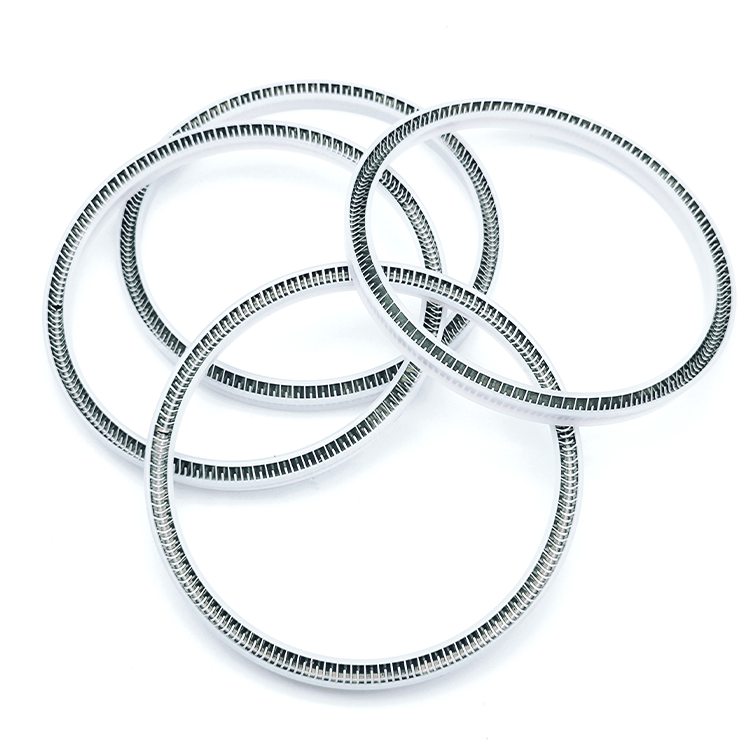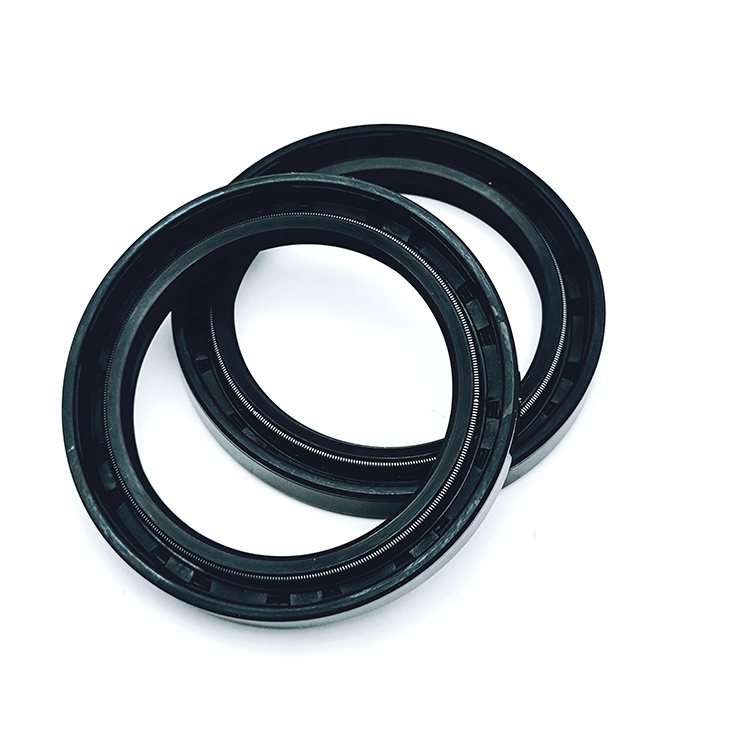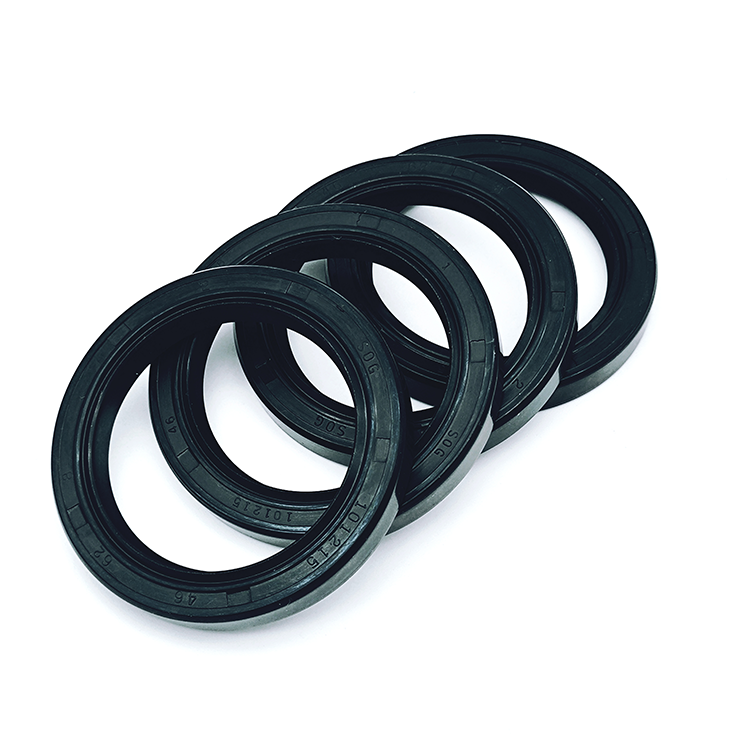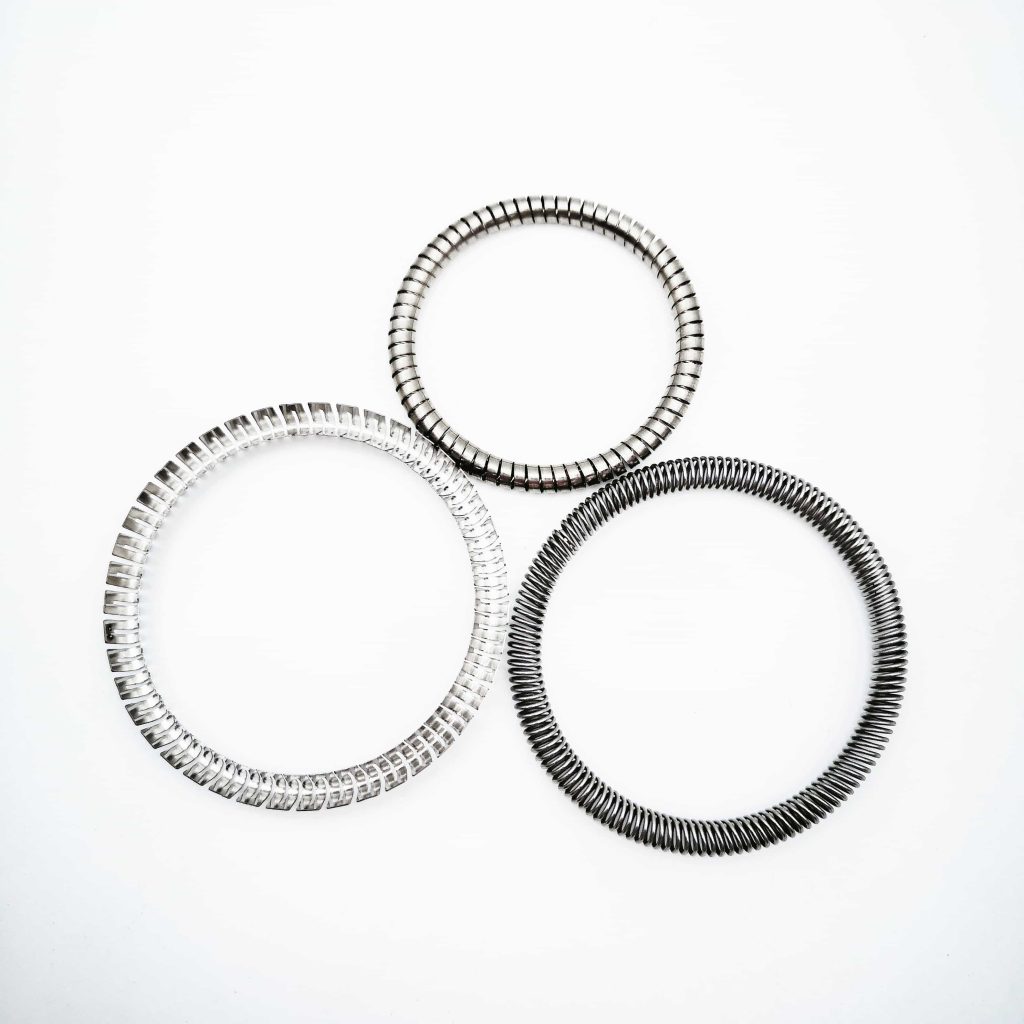Spring-energized seals represent a sophisticated solution in the realm of sealing technology, offering superior performance compared to traditional sealing methods. By integrating a spring with a sealing element, these seals provide enhanced reliability and durability, making them ideal for use in demanding environments. This article delves into the benefits, construction, and wide-ranging applications of spring-energized seals, demonstrating why they are a preferred choice in various industries.
Spring-energized seals bring several advantages that set them apart from conventional sealing solutions:
One of the primary benefits of spring-energized seals is their superior leak protection. Unlike traditional O-ring seals, which may fail under high pressure or aggressive conditions, spring-energized seals feature a built-in spring that applies continuous pressure against the sealing surface. This design ensures a more reliable seal, reducing the risk of leaks in high-pressure applications. The spring compensates for pressure-induced variations, offering better resistance to seal failure and ensuring integrity in demanding conditions.
Spring-energized seals are designed to last longer than their conventional counterparts. Their ability to withstand extreme temperatures, high pressures, and aggressive media contributes to their extended service life. By reducing the risk of premature failure, these seals help extend the operational uptime of machinery and equipment. Their durability is particularly advantageous in applications where frequent maintenance or replacements would be costly or disruptive.
The spring within a spring-energized seal maintains a consistent force around the sealing surface. This feature ensures that even as the seal material experiences wear over time, the sealing pressure remains uniform. This consistency is crucial for maintaining a reliable seal throughout the seal’s life cycle, minimizing the risk of leaks and ensuring continuous performance.

Spring-energized seals are capable of operating effectively across a wide temperature range. They can function in extremely low temperatures, as low as -250°F, and handle very high temperatures, up to 600°F. This broad temperature tolerance makes them suitable for applications that experience significant temperature fluctuations, ensuring reliable performance in various environmental conditions.
The spring energizer in these seals helps to compensate for angular misalignments and maintains constant pressure across the seal lip. This feature promotes even wear patterns and enhances the seal’s longevity. By reducing the impact of wear and tear, spring-energized seals provide more consistent performance and a longer service life.
Spring-energized seals are often made from chemically compatible and wear-resistant materials. This construction minimizes the risk of premature degradation and reduces the potential for seal material shedding into the media being sealed. This characteristic is particularly important in industries where contamination could have serious consequences, such as pharmaceuticals or food processing.
These seals are particularly well-suited for environments that are too aggressive for other seal types. Their robustness and ability to handle extreme conditions make them ideal for applications involving high pressures, temperatures, speeds, or aggressive media. This adaptability makes spring-energized seals a versatile choice for a variety of demanding applications.
By maintaining consistent sealing pressure and resisting wear, spring-energized seals contribute significantly to the overall performance and reliability of equipment. Their ability to perform well under challenging conditions enhances the efficiency and longevity of machinery across different industries.

Spring-energized seals are employed in a diverse range of applications across multiple industries. Some notable examples include:
Spring-energized seals consist of two main components:
The seal jacket is typically made from materials like PTFE (polytetrafluoroethylene), which is known for its low friction properties, wide temperature range, and broad chemical compatibility. This material provides an effective sealing surface while resisting wear and chemical degradation.

The spring energizer provides the primary sealing force, especially in low-pressure or startup conditions. The spring is designed to apply consistent pressure to the seal jacket, ensuring that the seal remains effective even as the seal material wears or as operating conditions change.

The seal jacket is often shaped like a “U,” with the open side facing the system pressure. This configuration allows the pressure to energize the seal, enhancing its sealing capability. The combination of the spring and the polymer jacket ensures a robust and reliable sealing solution.
Spring-energized seals offer a remarkable combination of performance, durability, and adaptability. Their ability to maintain consistent sealing pressure, resist wear, and operate effectively across a wide range of temperatures and pressures makes them an excellent choice for applications where traditional seals may fall short.
While they may not be suitable for every application, spring-energized seals have proven their worth in environments considered too aggressive for other seal types. As engineering challenges continue to evolve and push the boundaries of sealing technology, spring-energized seals stand ready to provide solutions in demanding applications across various industries. Their versatility and performance make them a valuable asset in the quest for reliable and efficient sealing solutions.